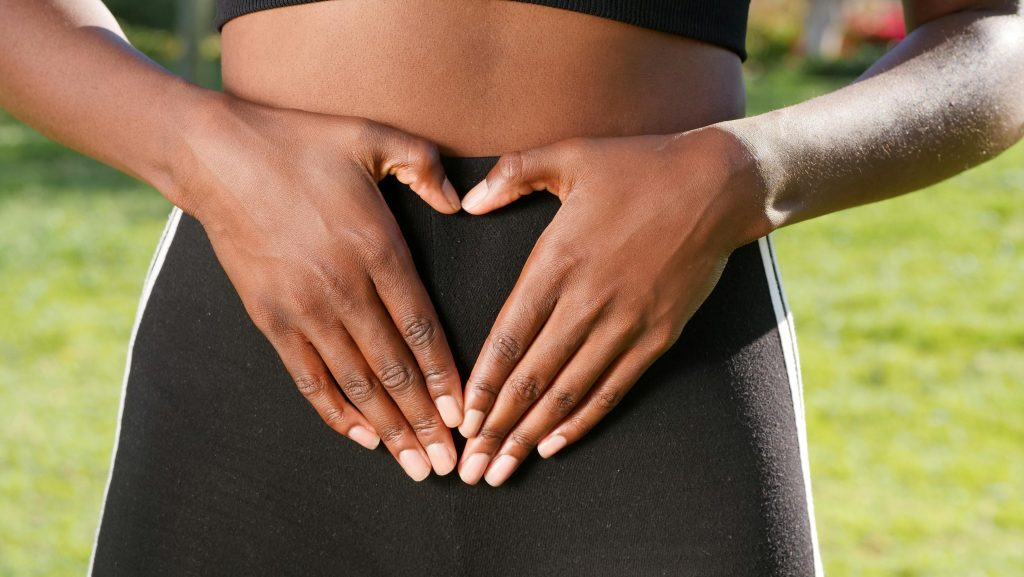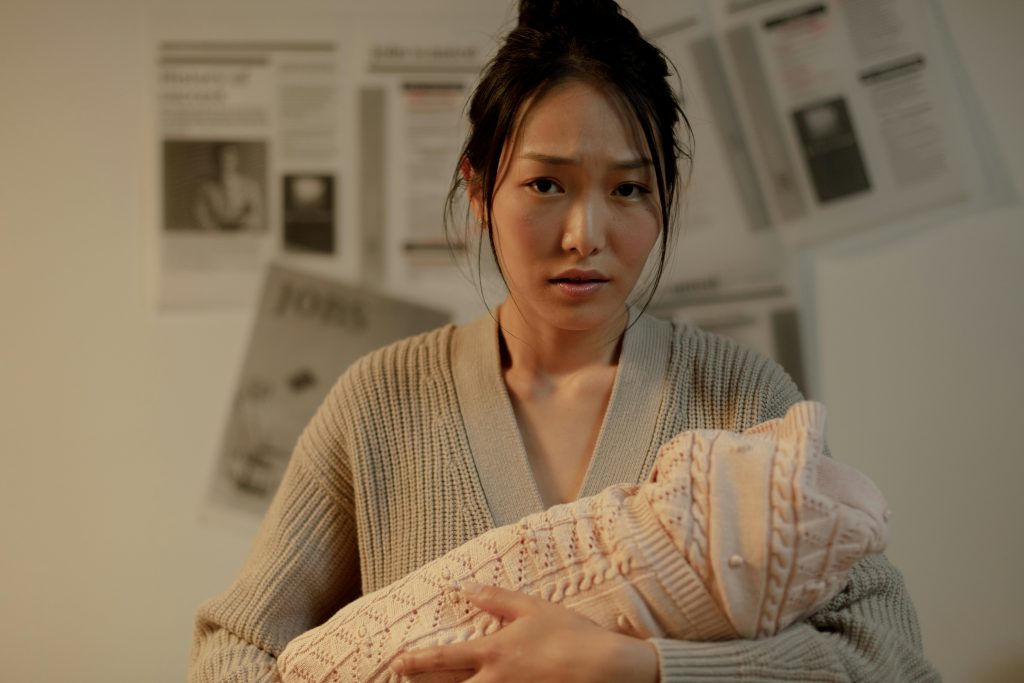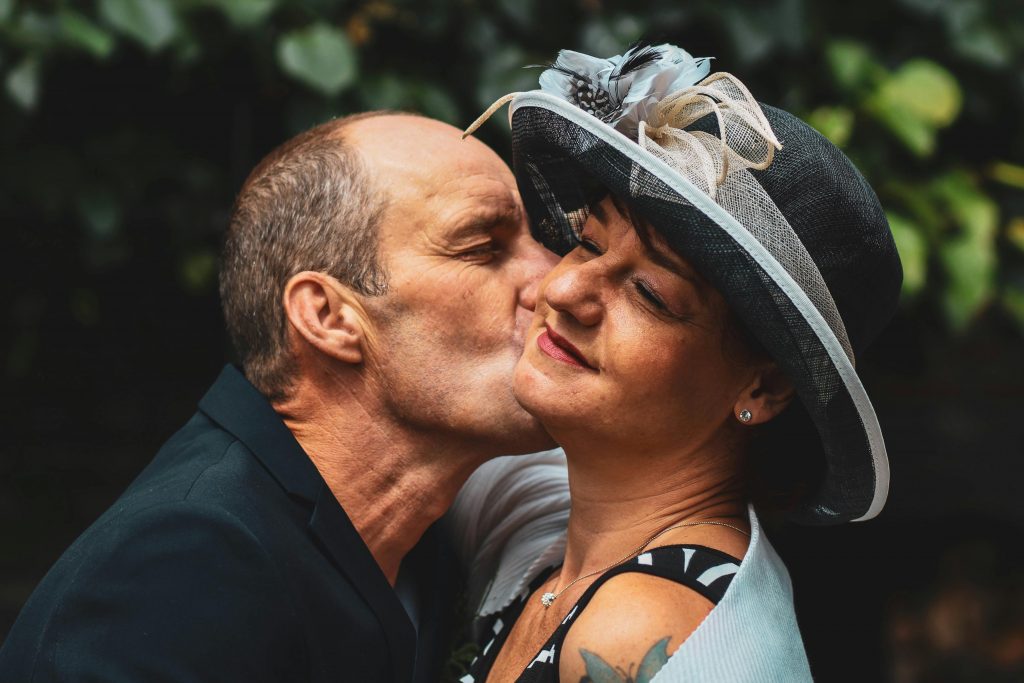If you’re suffering from endometriosis, PCOS or fibroids, chances are most of your energy is going towards managing chronic pelvic pain. It’s such a concern that studies show women suffering from chronic pain associated with endometriosis, PCOS and fibroids have it worse off: their quality of life is lower and reports show that their mental health suffers more than those without chronic pelvic pains cropping up most days. They’re more prone to depression and anxiety than non-sufferers.
Anecdotal evidence shows that women with regular but intense pelvic pain have increased absenteeism from work and are less likely to attend social gatherings because they’re in debilitating pain. Regular strength painkillers have limited efficacy, so there’s an increase in reliance on other methods.
It might not seem obvious, but managing your mental health when you’re dealing with chronic pelvic pain is just as important as the pain (and underlying condition) itself. Psychologist Porshe Machete says it’s the pain that causes the most damage to good mental health. “Research has shown that over 17% of women who struggle with chronic pain overtime develop anxiety and or depression,” she says.
“On an emotional level, one can feel hopeless, gloomy and lost. Mentally, one’s intrusive thoughts can lead to depressive and anxiety-based symptoms if not managed by equipping yourself with healthy coping skills and tools to assist in dealing with the turmoil experienced,” says Registered Counsellor Malissa Mariens.
But there are a few helpful tools that’ll shift your focus from the difficult-to-manage to things that can be helped, like your mindset. Here, tips from the experts.
Tips To Manage Your Mental Health While Having Chronic Pelvic Pain
Meditation
“Meditation helps you learn to acknowledge and sit with all of your thoughts and experiences, even the difficult ones,” says Mariens. “The key goal of meditation is mindfulness: to recognize thoughts as they come up, accept them, and let them go without stewing over them or judging yourself for having them.”
Try a meditation app, like Headspace, Superhuman, or Insight Timer. You don’t even have to leave your desk: there are various types that allow you to recentre your thoughts while doing other tasks, like sitting at your desk or cooking.
READ MORE: What Does It Mean When You Have Cramps But No Period?
Journalling
“Exhaustion and confusion are valid feelings and can be a good starting point for putting pen to paper,” says Mariens. “Sometimes, writing down your feelings, no matter how messy or complex they are is the first step in working through them. You might eventually find that journalling offers a type of emotional catharsis, as you purge them from your mind and into your journal.”
Therapy
Specifically, Cognitive Behavioural Therapy, or CBT. “CBT is talking therapy that can help you manage your problems by changing the way you think, act and behave,” says Machete. Every therapist is well-equipped with this approach.
READ MORE: 6 Legit Reasons Your Period Is Late – Other Than Pregnancy
Establish A Support System
Every woman needs people in her corner. Make sure there are people you can rely on to help when things become too difficult for you. Attending a support group can also help, or even just sharing your experience within the Zoie Circles in the app. “Here, you can connect with those that are on the same journey,” says Machete.
When challenging your mindset, Mariens says that the point of things isn’t to smile through the pain. “Optimism won’t solve problems alone, but it can certainly boost your emotional wellness,” she says. “It’s important to understand that optimistic or positive thinking does not involve ignoring your problems. It’s about giving challenges a positive spin and finding pockets of joy to help you get through them.”
Try surrounding yourself with positive affirmations, talking kindly to yourself and relying on people in your life who affirm you instead of making you feel less than.
Need to talk? You can book a counselling session with Malissa and Porshe (or any of our other mental health professionals) via the Zoie app or online.
READ MORE: Living With Fibroids: Here’s What It’s Really Like










One Response